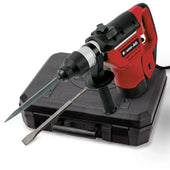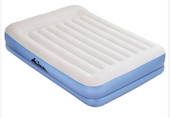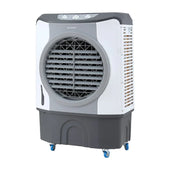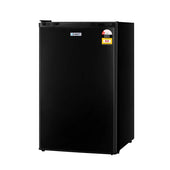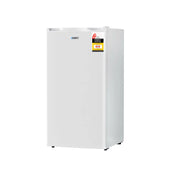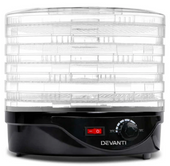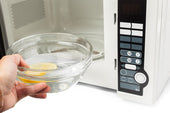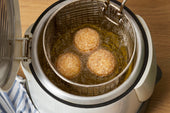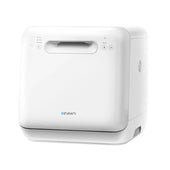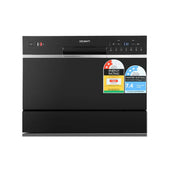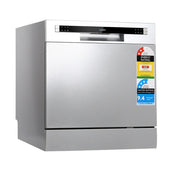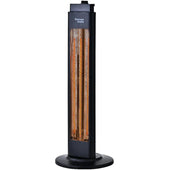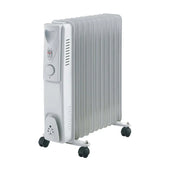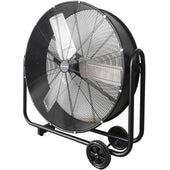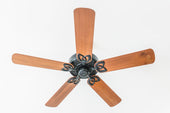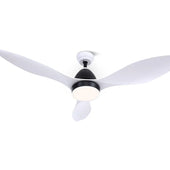Introduction: Why Clean Stainless Steel Sinks?
Stainless steel sinks are a staple in many homes due to their durability, sleek appearance, and resistance to rust. However, they are not immune to the buildup of grime, water spots, and mineral deposits over time. Regular cleaning not only helps maintain their polished look but also prevents bacterial growth that can accumulate from food residue. Keeping a stainless steel sink clean is essential for hygiene, especially in spaces where food preparation occurs.
Consistent cleaning also prevents stains, scratches, and corrosive damage that can dull its shine. In addition, caring for the finish preserves the longevity of the sink while maintaining a sanitary environment.
Understanding Stainless Steel: Properties and Common Challenges
Black kitchen sink and white kitchen sink options both rely on the durability of stainless steel as a base. Stainless steel is an alloy made primarily of iron, chromium, and other elements that enhance durability and resistance to corrosion. The chromium forms a natural protective layer that shields the material from rust. Its non-porous surface prevents bacterial growth, making it ideal for kitchens. Despite its resilience, stainless steel can face issues such as water spots, fingerprints, and scratches that affect its aesthetic appeal. Hard water can further cause mineral deposits, dulling the surface over time. Understanding these challenges is essential for choosing appropriate cleaners and maintenance techniques to preserve the sink’s functionality and polished look effectively.
Features to Look for in Stainless Steel Cleaners
When selecting a stainless steel cleaner, it is essential to evaluate its specific features to ensure it meets your needs:
- Non-Abrasive Formula: Opt for cleaners that are gentle and non-abrasive to avoid scratches on the stainless steel surface.
- Streak-Free Results: Look for products that promise to leave no streaks or residue, ensuring a polished, professional finish.
- Anti-Fingerprint Properties: Choose a cleaner with fingerprint-resistant formulas to maintain a pristine surface over time.
- Safe for Food Contact: For kitchen sinks like the undermount kitchen sink or single bowl kitchen sink, ensure the cleaner is non-toxic and safe for areas in contact with food.
- Ease of Application: Spray bottles or pre-moistened wipes simplify application and reduce mess during use.
- Compatibility: Verify that the product is designed specifically for stainless steel to avoid damage.
DIY Cleaning Solutions: What Works Best?
Homemade cleaners for sinks like the ceramic kitchen sink or gold kitchen sink are cost-effective and use easily accessible ingredients. Baking soda, noted for its gentle abrasiveness, helps remove grime without scratching surfaces. Paired with white vinegar, it creates a mild foam that dissolves stains and disinfects. Olive oil is often used afterward to restore shine by buffing the sink. Lemon juice tackles water spots and adds a fresh scent. For greasy residue, a mix of dishwashing liquid and warm water proves effective. A soft sponge or microfibre cloth is recommended for application to prevent damage. Regular use keeps sinks looking clean and polished.
Top Commercial Cleaners for Stainless Steel Sinks
Numerous commercial cleaners are specifically designed to restore the shine and cleanliness of stainless steel sinks. These products often include specialised formulas tailored to remove grime, water spots, and streaks effectively. Popular options include:
- Bar Keepers Friend Cleanser: This powdered cleaner is effective for removing tough stains, tarnish, and rust without scratching.
- Weiman Stainless Steel Cleaner & Polish: A dual-purpose cleaner offering streak-free shine and long-lasting protection.
- Hope’s Perfect Sink Cleaner: Formulated to clean, protect, and polish in one step, leaving a water-repellent barrier.
- Cerama Bryte Stainless Steel Polish: A gentle yet effective solution for restoring the lustre of stainless steel surfaces.
Whether you have a black granite kitchen sink or a double bowl kitchen sink with drainer, always follow manufacturer instructions to avoid damage and optimise results.
Eco-Friendly Options for a Greener Clean
For those seeking sustainable solutions, eco-friendly cleaners provide effective yet environmentally safe alternatives for stainless steel sinks, including copper kitchen sink and brass kitchen sink varieties.
- White vinegar offers a natural way to remove water spots and fingerprints. Its slightly acidic nature helps dissolve grime with minimal effort.
- Baking soda serves as a gentle abrasive to scrub away stubborn residues without scratching the steel. Combine it with water for a paste-like consistency.
- Lemon juice can naturally polish stainless steel, leaving a fresh, citrus scent behind. It also acts as a mild disinfectant.
- Plant-based cleaners are often free from harsh chemicals, making them safer for both the environment and the user. Always check labels for biodegradable ingredients.
How to Properly Use Stainless Steel Cleaners
To effectively clean even a large kitchen sink, users should first choose non-abrasive cleaners specifically designed for stainless steel. Begin by rinsing the sink to remove loose debris. Apply the cleaner evenly, ensuring full surface coverage. Use soft materials like microfibre cloths or non-scratch sponges to gently rub the cleaner into the steel, following the material’s grain.
Rinse thoroughly with warm water, ensuring no cleaner residue remains. At During Days, we recommend drying the sink with a clean, soft towel to prevent water spots or streaking. Regular polishing with stainless steel-specific solutions can maintain shine and prolong lifespan. Always refer to manufacturer instructions for optimal results.
Tips to Prevent Stains and Scratches on Your Sink
- Avoid harsh cleaning tools: Refrain from using abrasive pads or steel wool as they can scratch the surface. Opt for microfibre cloths or soft sponges for regular cleaning.
- Rinse after use: Always rinse the sink after washing dishes or using cleaning products to prevent residues that may cause stains over time.
- Dry the sink: To reduce water spots, dry the sink with a soft cloth or towel immediately after rinsing.
- Use protective mats: Rubber or silicone sink mats can provide a barrier against scratches from heavy pots and pans.
- Handle acidic substances carefully: Avoid prolonged exposure to acidic foods or cleaning products as these can lead to discolouration.
- Avoid leaving iron or steel objects: Prevent contact of such objects with the sink when wet, as they can cause rust stains. These tips apply even for specialty sinks like the round kitchen sink.
Maintaining the Shine: Regular Care Practices
To keep stainless steel sinks looking their best, daily maintenance is essential. Begin by rinsing the sink thoroughly after each use to remove food particles and debris. Use a soft microfibre cloth to wipe it dry, preventing water spots or mineral deposits. Regular cleaning with mild dish soap and warm water ensures surfaces stay grease-free and hygienic.
Avoid abrasive scrubbers or harsh cleaners that can cause scratches. Instead, use non-abrasive sponges paired with cleaners specifically designed for stainless steel. Whether you use a double kitchen sink or single, polish the sink weekly with stainless steel polish or a mixture of white vinegar and olive oil to preserve its lustre.
Practising these steps helps prolong the lifespan and maintain the sink’s pristine condition.
Conclusion: Choosing the Right Cleaner for Your Needs
Selecting the most effective cleaner for stainless steel sinks depends on the specific requirements of the individual and the cleaning challenges faced. For routine maintenance, mild dish soap and water are often sufficient to remove everyday dirt and grime. Persistent water spots and fingerprints respond well to white vinegar or specialised stainless steel sprays, ensuring a streak-free shine. For polishing, olive oil or mineral oil offers a natural, budget-friendly solution to restore lustre.
Those dealing with deeper scratches or stains may benefit from commercial-grade powders or creams. Consideration of smell, non-toxic ingredients, and eco-friendly options also influences the ideal choice.






